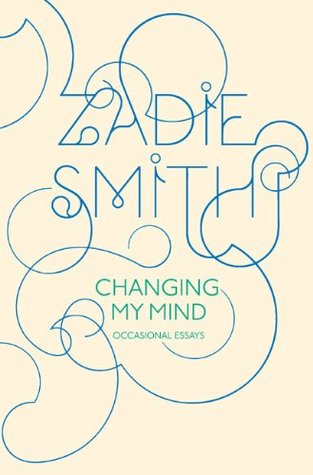project/dystopian-fiction
Mark Greif,
Junot Díaz,
Theodor W. Adorno,
Bob Hughes,
Zadie Smith,
Jonathan Franzen
My blog post about YA (specifically dystopian) fiction and its value
[...] I think the thing that pop can prepare you for, the essential thing, is defiance. Defiance, as its bare minimum, is the insistence on finding ways to retain the thoughts and feelings that a larger power should have extinguished.
The difference between revolution and defiance is the difference between an overthrow of the existing order and one person's shaken fist. When the former isn't possible, you still have to hold on to the latter, if only so as to remember you're human. Defiance is the insistence on individual power confronting overwhelming force that it cannot undo. You know you cannot strike the colossus. But you can defy it with words or signs. In the assertion that you can fight a superior power, the declaration that you will, this absurd overstatement gains dignity by exposing you, however uselessly, to risk. Unable to stop it in its tracks, you dare the crushing power to begin its devasation with you.
[...]
The situation we confront now is a new necessity, not blameless like wind or water and yet not fatal as from a tyrant or executioner. The nature we face is a billowing atmospheric second nature made by man. It is the distant soft tyranny of other men, wafting in diffuse messages, in the abdication of authority to technology, in the dissembling of responsibility under cover of responsibility and with the excuse of help--gutless, irresponsible, servile, showing no naked force, only a smiling or a pious face. [...]
defiance is what sparks revolution
"They're all about being the special one, the chosen one. 'Only you can save the world from Evil.' That kind of thing. And never mind that specialness stops meaning anything when every kid is special. I remember watching those movies and thinking about all the unspecial characters in the chorus or whatever. They're the ones my heart really goes out to. The movie should be about them.
something to think about for my YA dystopian fiction blog post
[...] a story that in book form was an act of fury and lit a fire under the Thatcher-era kids who read it. Its message was not "Blow up the Houses of Parliament" or "Wear a white mask and knife people," for kids are not morons and understand what an allegory is. The message of V for Vendetta is "Change is possible." In its film form this is a truly radical notion to be filed in the adolescent brain right next to the message of the first Matrix movie: the world is other than it seems. If this film makes kids think that way again, that'll be, like, totally awesome.
Sonora Review Issue 55
by
multiple authors
Sonora Review Issue 55
by
multiple authors
Sonora Review Issue 55
by
multiple authors
[...] how much literary fiction deals with the absolute power that the rest of the planet lives under? It's almost none. But if you read any science fiction or fantasy, there's always a dark lord or a dark side or an emperor. It's always wrestling with this incredible power. The anxieties of the rest of our lived experience are only expressed in the genres. It's the same way that our terror of abjection, our terror of our flimsy bodies, those only find real expression in horror. And yet all of these things are exiled from what we call literary tradition, and because of that, in literary fiction, we have a very attenuated sense of what we call the 'real'. [...]
[...] The subtext is: there is no need to wonder about the future because brilliant minds are working on it, and it will be nice. Everything you could wish for is being taken care of.
imo this is the sort of attitude that dystopian/YA fiction comes up against
[...] When Brecht, to take an example, devised a kind of childish shorthand to try and crystallize out the essence of Fascism in terms of a sort of gangsterism, he made his 'resistible' dictator, Arturo Ui, the head of an imaginary and apocryphal Cauliflower Trust, instead of the most powerful economic organizations. This unrealistic device proved to be a mixed blessing. By thinking of Fascism as an enterprise belonging to a band of criminals who have no real place in the social system and who can therefore be 'resisted' at will, you strip it of its horror and diminish its social significance. This invalidates the caricature and makes it seem idiotic even in its own terms: the despotic rise of the minor criminal loses its plausibility in the course of the play itself. Satire which fails to stay on the level of its subject lacks spice.
this begets the question of where the balance is you're trying to write dystopian fiction that still inspires. how powerful do you make the bad guy? how hopeless does the situation have to be? you want to create a scene that is horrifying enough to simulate reality but surmountable enough that the viewer leaves thinking, "I should fight back, too"






